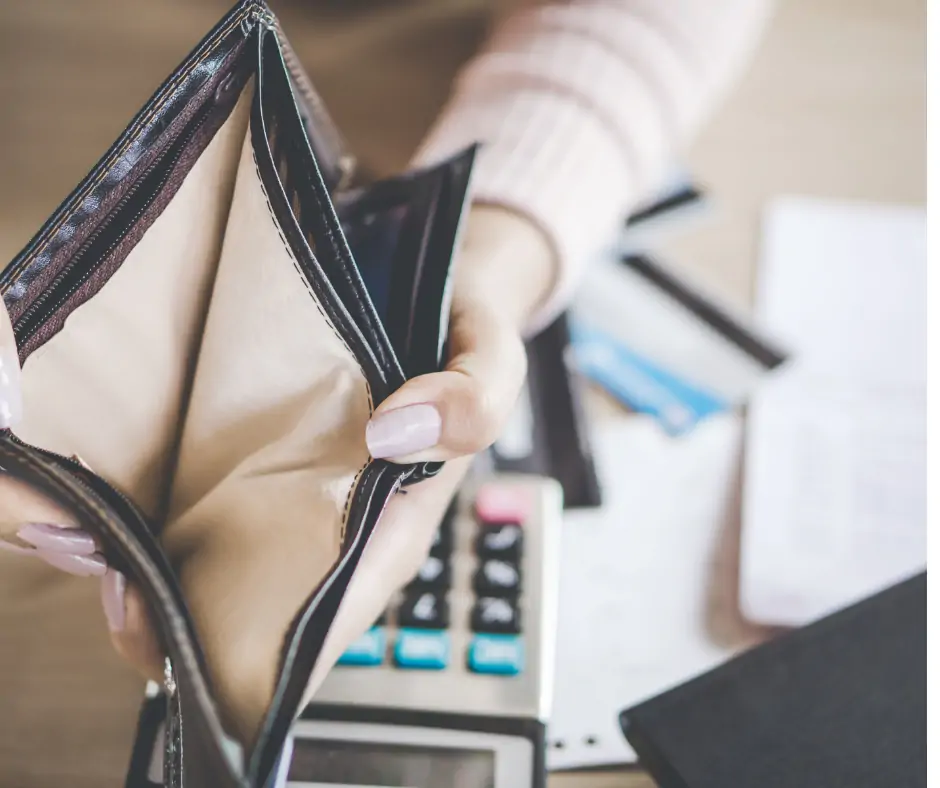
The National Debt Advisors recently brought to light a concerning issue: South African women are not only earning less than men but are also accumulating more debt. This troubling trend is primarily attributed to the persistent gender pay gap prevalent in the country. The repercussions of this economic disparity are particularly harsh for single mothers.
According to Statistics South Africa, there exists a significant 30 percent pay gap across various industries within the nation. Dehan Scherman, the Compliance Officer at National Debt Advisors, sheds light on the situation by explaining that women often find themselves shouldering the burden of managing debt, resorting to loans to bridge the income gap between men and women.
The statistics paint a stark picture: nearly 38% of households in South Africa are headed by women, with around 6.1 million homes primarily dependent on women for financial support. These figures are deeply troubling, highlighting the skewed nature of the labor market in South Africa, which tends to favor men and consequently results in substantial gender disparities in employment opportunities.
Josephine Matsediso, a 60-year-old grandmother from Boksburg, Gauteng, shares her personal struggle as a single parent responsible for her grandchildren’s care: “I was even blacklisted, so I couldn’t even borrow money from the bank or something. The challenge is the groceries, paying the municipality bills, electricity, whatever, and the petrol that is going up and down, like the bond, I was owing, like, clothing and furniture. If I was not single here, it was going to be better because I’ll be having someone who’s helping.”
Scherman emphasizes that the gender pay gap only exacerbates the financial struggles faced by women, leaving them with minimal disposable income after essential expenses. This dire situation often ensnares women in a cycle of debt that proves incredibly challenging to break free from.
“So, StatsSA confirmed that there’s roughly a 30% pay gap across all industries. So if you take that into account, together with the rise in cost of living and inflation, it starts painting a very bleak picture. The gender pay gap is a growing concern as it leads to an increased reliability on debt in order to survive. And the situation can easily result and over indebted females unable to afford to pay back their debt.”
Furthermore, Scherman notes that many women seeking debt counseling are saddled with unsecured debts, medical bills, and loans from predatory lenders. This unfortunate circumstance not only inhibits their ability to save but also perpetuates their dependence on borrowing for emergencies or daily expenses, rendering debt repayment an arduous task.
“We’ve seen a rise in the last year in single females that are seeking assistance with their debt. And this currently makes up 7% of our client base. Interestingly enough, we see very few of them have been in sort of secured debt. So there’s only 2.7% that have vehicle finances. There’s only 0.8% that have home loans. The majority or the big portion of their debt makes up unsecured debt. So these are payday loans, these are personal loans, even credit cards,” adds Scherman.
In summary, the gender pay gap in South Africa is not merely a statistic but a harsh reality that directly impacts women’s financial well-being. Without addressing this fundamental issue, the cycle of debt and financial insecurity among women, particularly single mothers, will continue unabated. It is imperative for policymakers and stakeholders to implement measures aimed at bridging this gap and fostering equal opportunities for all genders in the workforce. Only then can we hope to create a more equitable and prosperous society for all.
This website uses cookies.